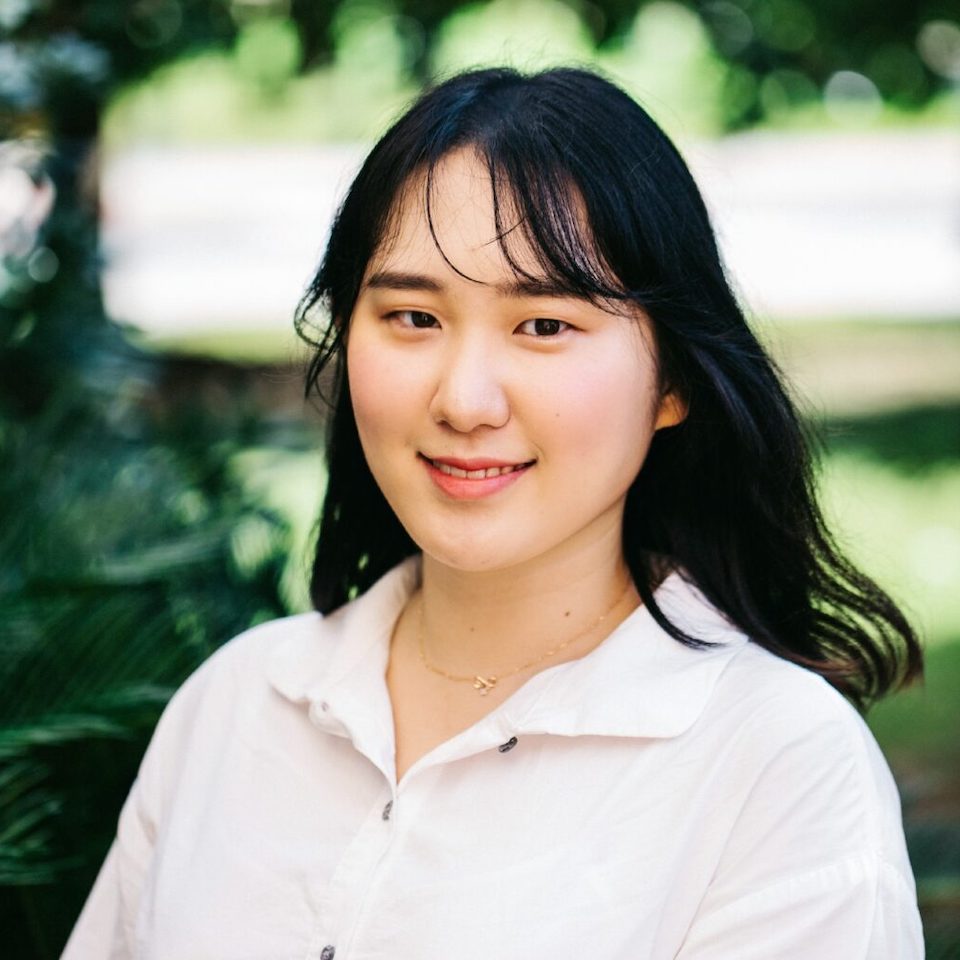People
Dr. Bret Staudt Willet

I am an Assistant Professor of Instructional Systems & Learning Technologies at Florida State University. My preferred pronouns are he/him/his.
At different times and in different parts of my professional life, I take on roles of researcher, educator, and consultant. In each of these roles, I aspire to embody culturally sustaining practices.
My research investigates self-directed learning, a subset of informal and networked learning. I am fascinated by how people figure things out on their own. I’m most interested in what happens when students, learners, and trainees finish formal instruction, preparation, and training. What do they do after they walk out the door or log off? How do they continue to develop their knowledge, skills, and abilities? Where do they look for resources? Who do they talk to?
I am interested in how self-directed learners navigate the affordances and constraints of social connections through the internet and exploration through games.
I frequently investigate self-directed learning with the tools of educational data science, including learning analytics, social network analysis, discourse analysis, natural language processing, and educational data mining.
I hold a Ph.D. in Educational Psychology & Educational Technology, a Master’s Degree in Educational Technology, and a Graduate Certificate in Serious Game Design & Research from Michigan State University, as well as a dual bachelor’s degree in Mathematics and Sociology from Bucknell University.
Website | Linkedin | Download CV
Hunhui Na

I am a Ph.D. student in the Instructional Systems & Learning Technologies (ISLT) program at Florida State University College of Education. I earned my master’s degree in elementary mathematics education at Seoul National University of Education in Seoul, Korea.
My current research focuses on educators’ use of social media. Specifically, I investigate how and why early career teachers (including pre-service teachers) participate in online communities for their professional learning, and how to leverage the affordances of social media to support their professional development. Related to the use of social media for learning, I am also interested in Scratch where students can develop computational thinking skills online. Viewing Scratch as an online community for students, I explore how students’ interactions are related to developing their computational thinking skills. Designing immersive learning environments for STEM+CS education is my other research interest. Specifically, I am interested in designing Augmented Reality learning experiences for mathematics and computer science education, and understanding teachers’ role in integrating immersive technology in classroom contexts.
Jaesung Hur

I graduated with my M.S. in Instructional Systems and Learning Technologies at FSU, and now I am a Ph.D. student in the same program.
I studied Educational Technology and worked as an instructional designer at a company in South Korea. I developed instructional materials for K-12 students and teachers’ guidebooks. During my internships in the US, I created e-learning modules and reviewed the online course based on Quality Matters. I love instructional design and my teaching assistant jobs since I can assist instructors and learners with attractive deliverables while expressing my creativity and professionalism.
I am interested in instructors’ and learners’ engagement in online teaching and learning in higher education. Learners’ motivation and participation are essential to learning experience and outcomes. Given that online courses should be carefully and systematically designed to provide an optimal learning experience, I hope to investigate instructional strategies and interventions to boost student engagement.
I am currently involved in projects on instructors’ perception of students’ participation, students’ feelings of othering, webcam usages, college students’ social media use and emotion, teaching assistants’ challenges and training needs, and instructional designers’ perception and experiences in learning analytics. I also plan to examine students’ minimal participation, TAs’ self-efficacy, online memes, and students’ motivation and emotions using epistemic network analysis (ENA).
Chaewon Kim

I am a doctoral student in Instructional Systems and Learning Technologies at Florida State University (FSU). With a Bachelor’s degree in Elementary Education and a Master’s in Educational Technology and Administration, my research focuses on designing meaningful learning experiences to solve real-world problems, primarily using games, and investigating their impact using educational data mining methods. Specifically, my recent research is investigating the collaborative problem-solving process in escape rooms in the context of nursing education. I have presented and published multiple scholarly works in the International Journal of Instruction, the Journal of Research on Technology in Education, and the International Journal of Information and Education Technology. I am also involved in several educational research projects encompassing topics such as designing a care ecosystem to support individuals with neurodiversity in rural areas, designing a game-based cognitive task planner, and developing a game for adults to raise awareness of mindful and intuitive eating. My endeavor in instructional design and research was recognized by a nomination for an undergraduate research opportunity program best mentor award, individual travel grants totaling $5,100, and winning instructional design competitions, including the Design and Development competition sponsored by NATO ACT in 2023 and 2024. As an active member of the American Educational Research Association (AERA), the Association of Educational Communications and Technology (AECT), and the International Society of Learning Sciences (ISLS), I strive to contribute to the academic community. I am also engaged in the Instructional Systems Student Organization (ISSA) at FSU, serving as a treasurer and a vice president for two consecutive years within the department.
Hilal Ayan Karabatman

I am an emerging scholar and educator, currently pursuing my Ph.D. in ISLT. My research is grounded in my deep interest in informal learning, self-directed learning, communities of practice, and online and distance learning in higher education contexts. I am particularly focused on understanding how learners navigate formal and informal learning environments and how instructional design and technologies can empower learners and foster agencies. Currently, I am involved in several research projects, including studies on social media’s role in learning, webcam use by learning professionals, online communities of practices for teachers, news consumption patterns of youth, professional and scholarly development of graduate students, and STEM education outreach. Alongside my research, I have gained diverse teaching experience as a graduate teaching assistant at both Florida State University and Bogazici University, where I helped design and deliver courses at both undergraduate and graduate levels.
Damilare Ajayi

I am Damilare Ajayi, a doctoral student in the Instructional Systems and Learning Technologies (ISLT) program at Florida State University. With a background in mathematics and over a decade of experience teaching K-12 learners, both inside and outside the classroom, my journey has taken me across the EdTech industry and research organizations. My research is centered on the effective use of emerging technologies, such as Artificial Intelligence (AI), Extended Reality (XR), and games, to revolutionize learning experiences. As the founder of LearnTech Initiative Africa, I work to transform education for K-12 learners by leveraging these technologies and building a robust community of practice for educators, school owners, and educational organizations. Our mission is to nurture the future of education and drive the adoption of innovative teaching solutions across Africa.
I am passionate about using technology to solve educational challenges and enhance learning outcomes. With expertise in developing and implementing technology-based programs, I also train educators on how to effectively integrate these tools into their teaching methods. I am actively involved in several educational projects in Africa and hold memberships in professional organizations such as Future of Education 3.0, TeachAI, Meta Safe-Online Initiative, AECT, and ISTE. My efforts have been recognized with the National Digital Literacy Advocate Award by CoCreative Hub and the Designing Learning Experience in the Metaverse award by Meta. Through my work and research, I aim to continue contributing to the evolving landscape of education and empowering learners and educators globally.